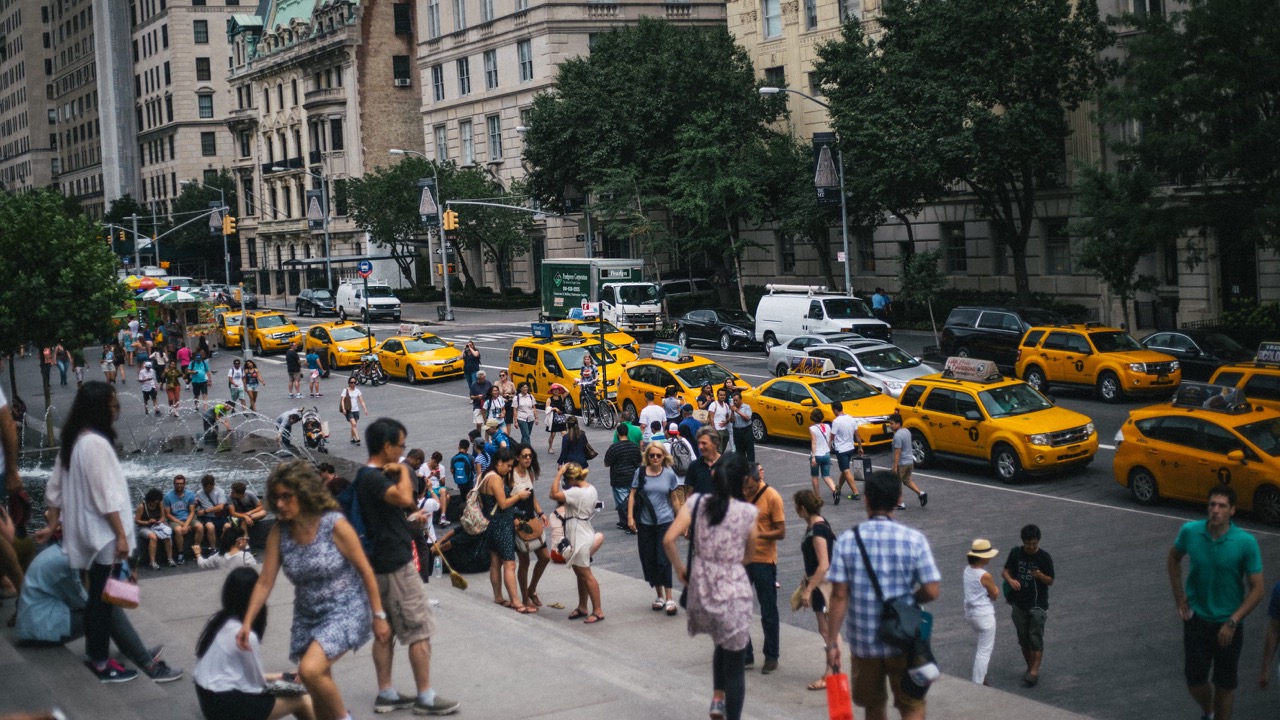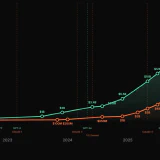Uber is Good, Actually
A conventional taxi is similar to a tourist-trap restaurant that you will never visit again. Uber leverages technology to become an arbiter between you and the collective of drivers so they can provide a better service.
There’s a widespread notion that Uber is getting more and more expensive. You can find multiple series of articles produced on this topic each year and entire SEO-optimized webpages for this particular query.
Some people even believe that Uber is worse than conventional taxis right now. Uber’s only advantage to them was the price, and since those prices have soared, they see no value. In fact, these people believe Uber could only grow because of its initial low prices, artificially attracting customers and taking market share, only to leverage its semi-monopoly position later.
I think they completely misunderstand what Uber actually is and what makes it an excellent service.
Uber isn’t the only ride-sharing company even though it was the first. Depending on the country, you could switch its name with Lyft, Bolt, Grab or something else. I’d keep using “Uber” throughout this story.
***
While Uber and its clones dominate most markets, some have been left out due to insufficient volume (imagine a remote island) or government intervention. Bulgaria prohibited global ride-sharing apps. Barcelona (Spain) instituted an artificial 15-minute limit to force you to hail a conventional taxi on the street.
Every time I visit such a place, I realize what Uber is and how difficult it was before.

First, you have to find a cab. You likely need to be in a popular city area to do this, or you will have to wait a long time (or walk to a busier street). Maybe you can order via phone, although you’d need to know the language and have roaming enabled on your carrier plan.
Sometimes, there are entire lines of yellow cabs. When I went to Madeira, I saw a stereotypical line of two-decade-old Mercedes. They spend most of the day waiting, so when you take one, your fare also includes this empty time. You don’t know if they’ll have a terminal to pay with a card. The A/C might be busted, the car can reek of cigarettes or something similar, and if there’s a line, all the drivers expect you to take the first car, regardless of its quality.
A conventional taxi operates very similarly to a tourist-trap restaurant. There’s no expectation you will visit again. They probably don’t want to be completely terrible, but they also have zero desire to make it comfortable for you or invest in this beat-up Mercedes they bought for some unknown reason.
Uber changes this equation by becoming the arbiter. By leveraging their power as an aggregator, they can assign ratings to drivers and riders and execute control over them. Each particular passenger is no more likely to end up in the same car. But each passenger is a rider provided by Uber, something they could give or take back if a particular car isn’t great for their business.
And suddenly, fares go down a bit because Uber cares a lot about supply utilization. Drivers rush to buy a hybrid Toyota Prius with its great mileage (it also has lots of space in the back). And they never just stand in a line waiting for the next customer to walk to them.
The taxi experience before Uber and its clones was miserable. Did they subsidize the rides initially? Yes, probably. But its critics should at least stick to their line of reasoning. Because for many years, they were sure Uber would never be profitable until it suddenly was.
I don’t use Uber because it’s cheap. I’m OK if they raise prices to ensure drivers and the company make enough money. I use Uber because the experience is generally better, and if something happens, I have the company to deal with it.
***
Is Uber perfect? Probably not, as any big company. But we must accept reality and deal with externalities while considering consumer benefit. Do you seriously think a corrupt system artificially limiting taxi licenses to the point that they cost a million dollars in New York City is great? I find it laughable.




